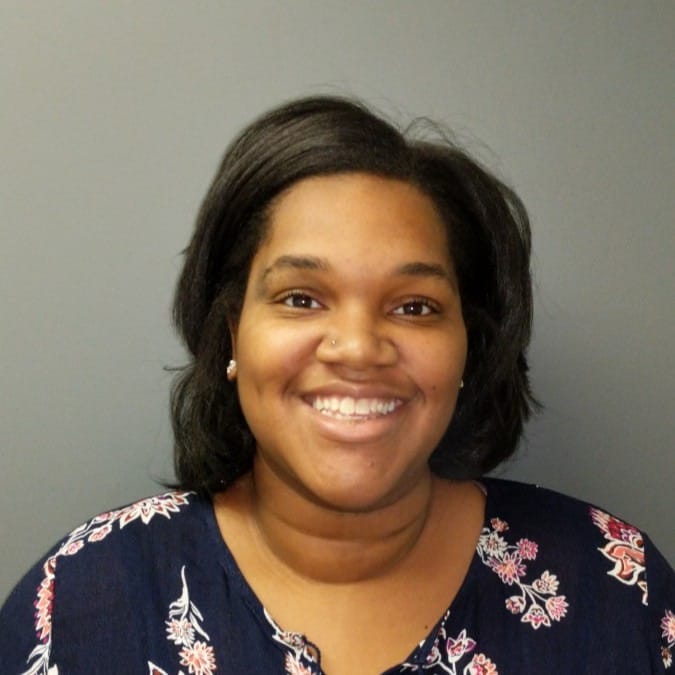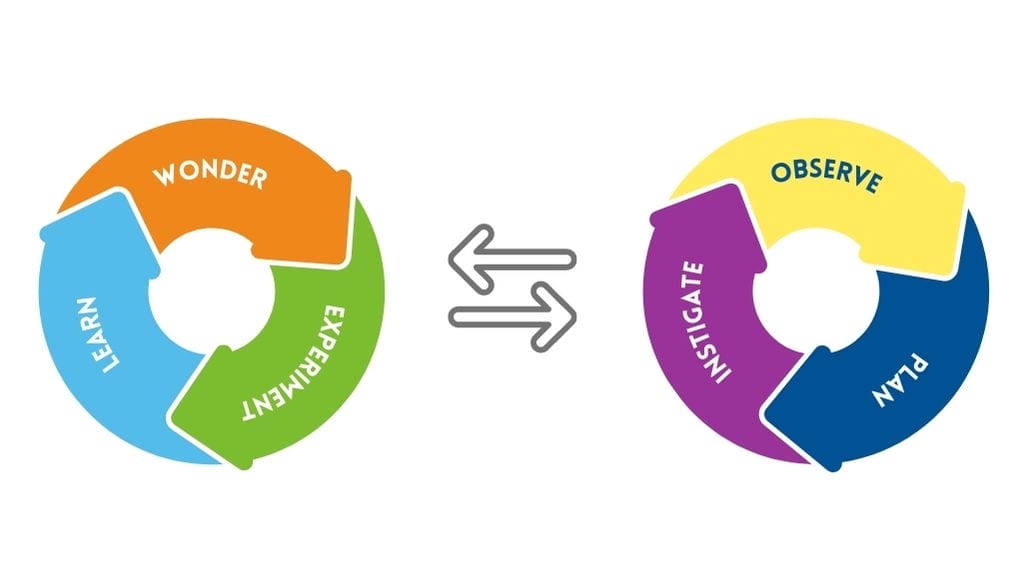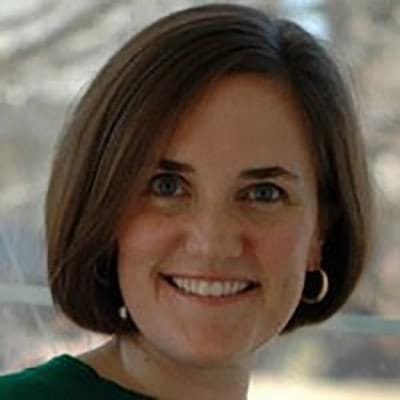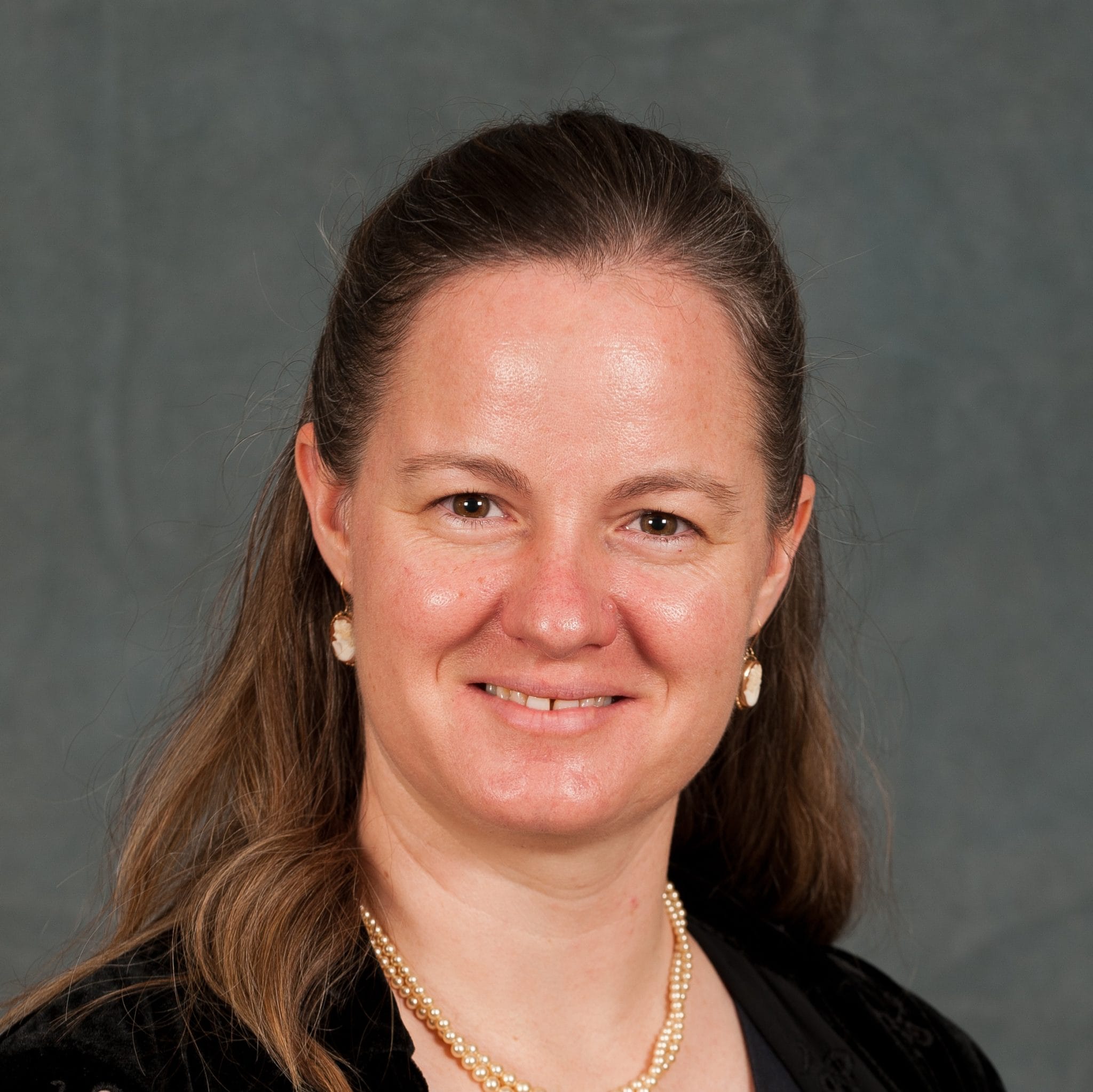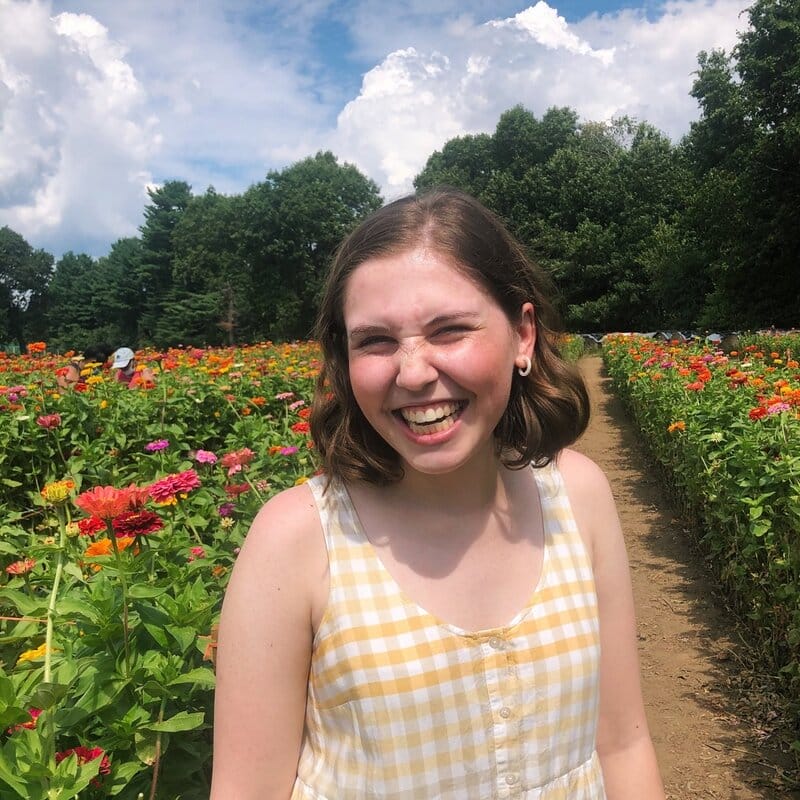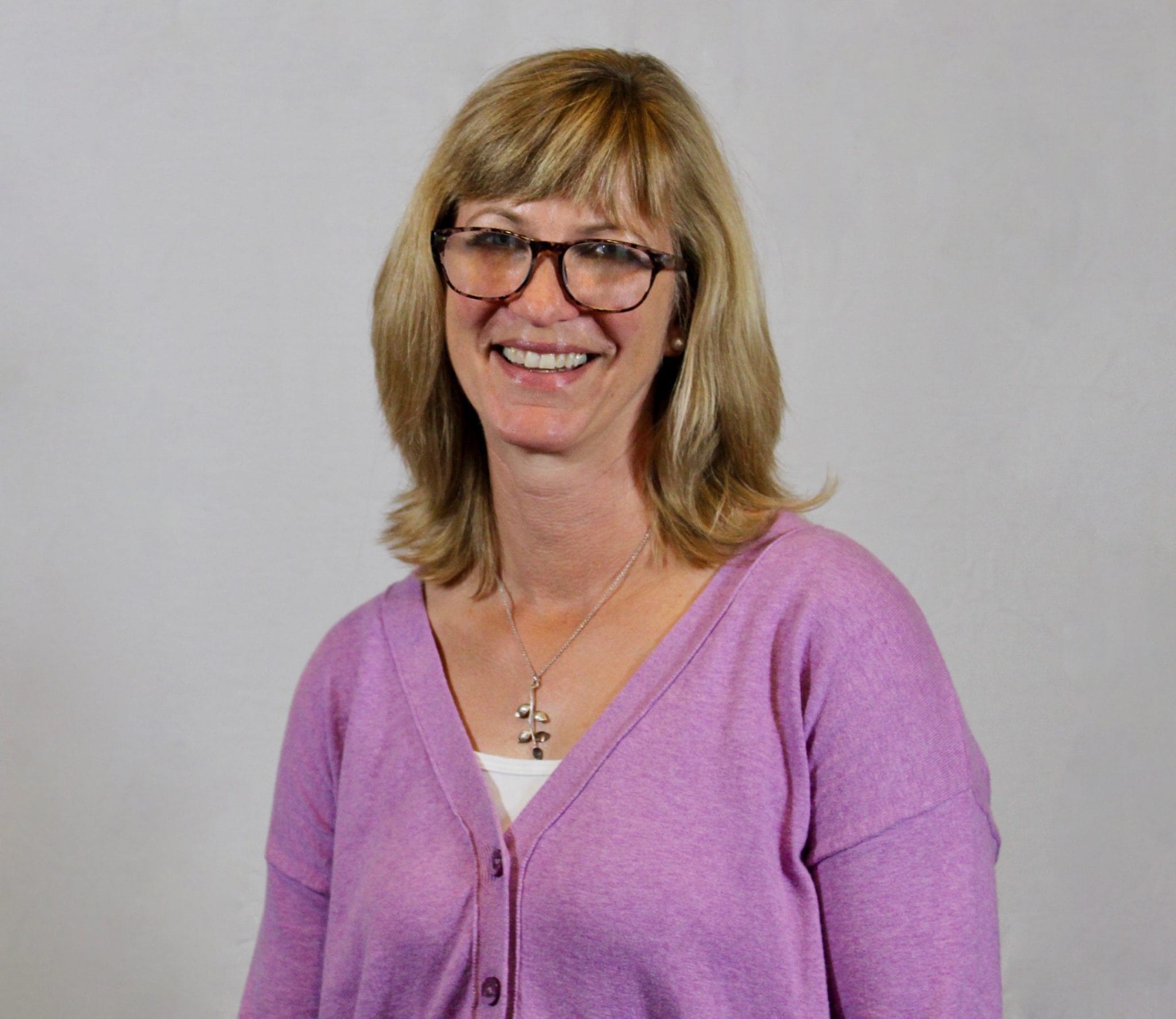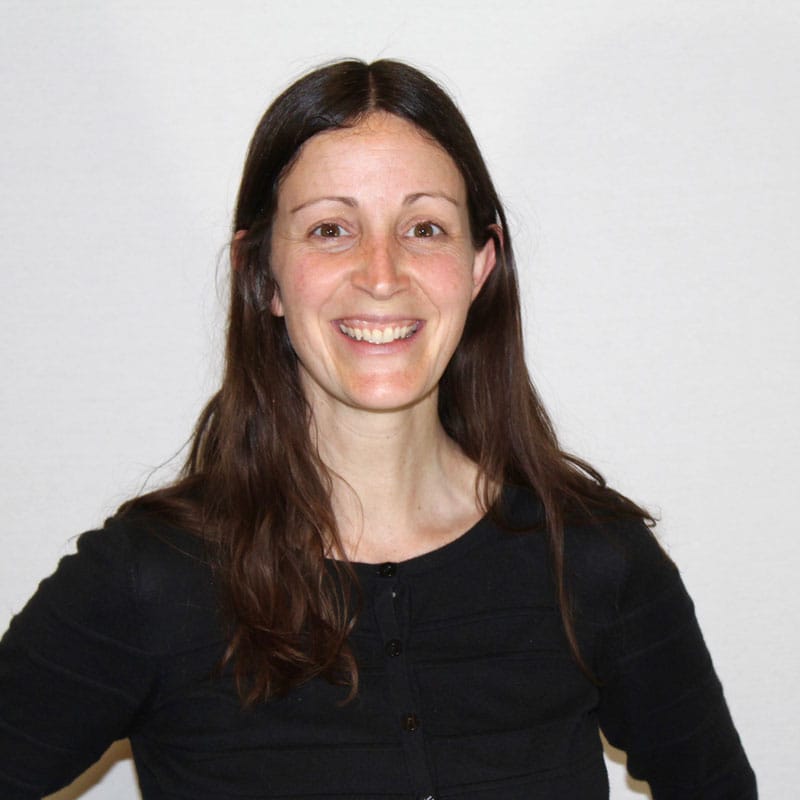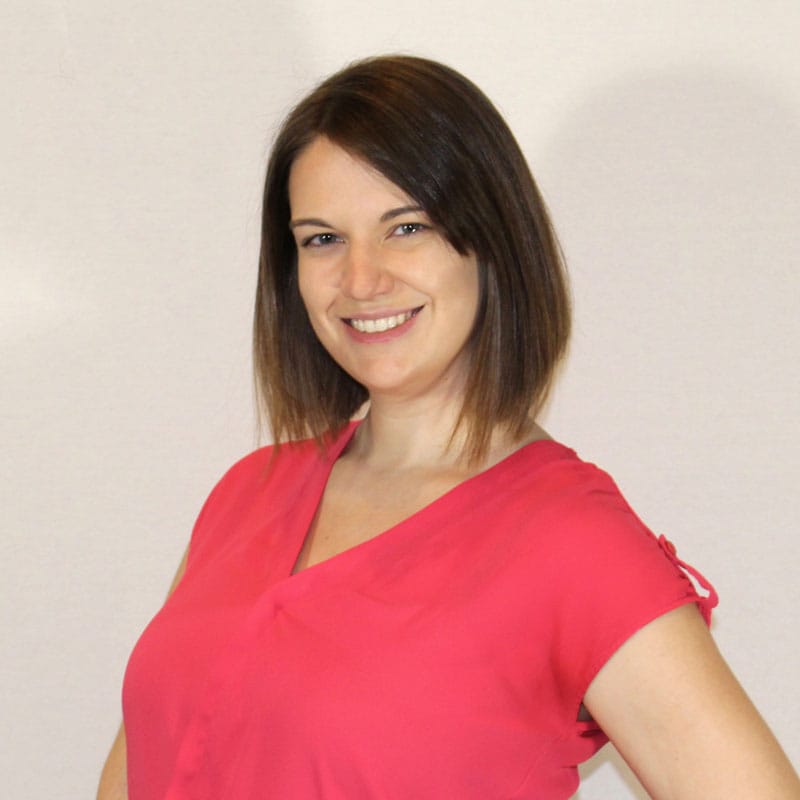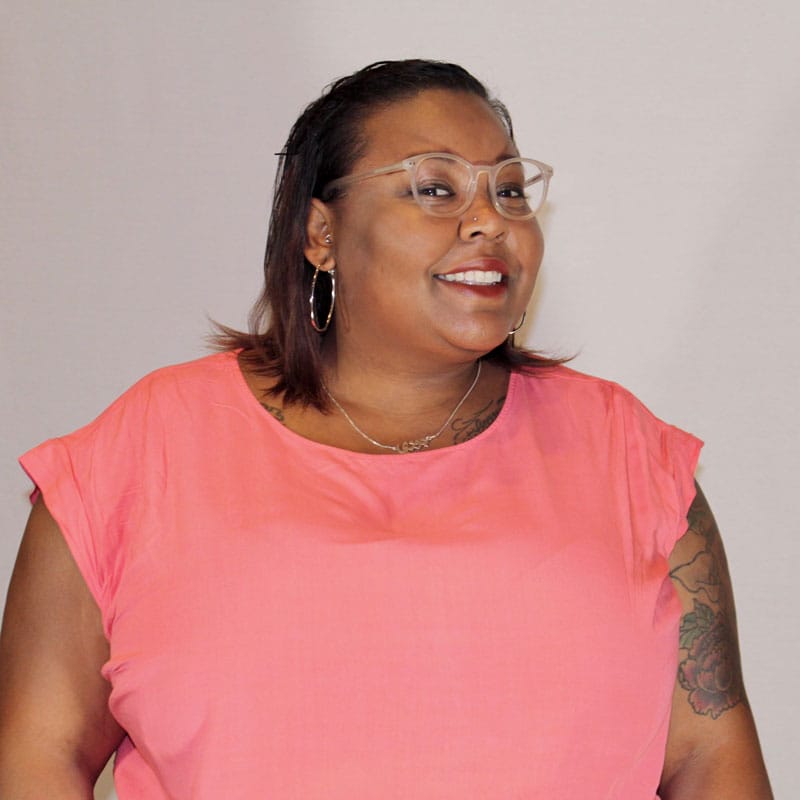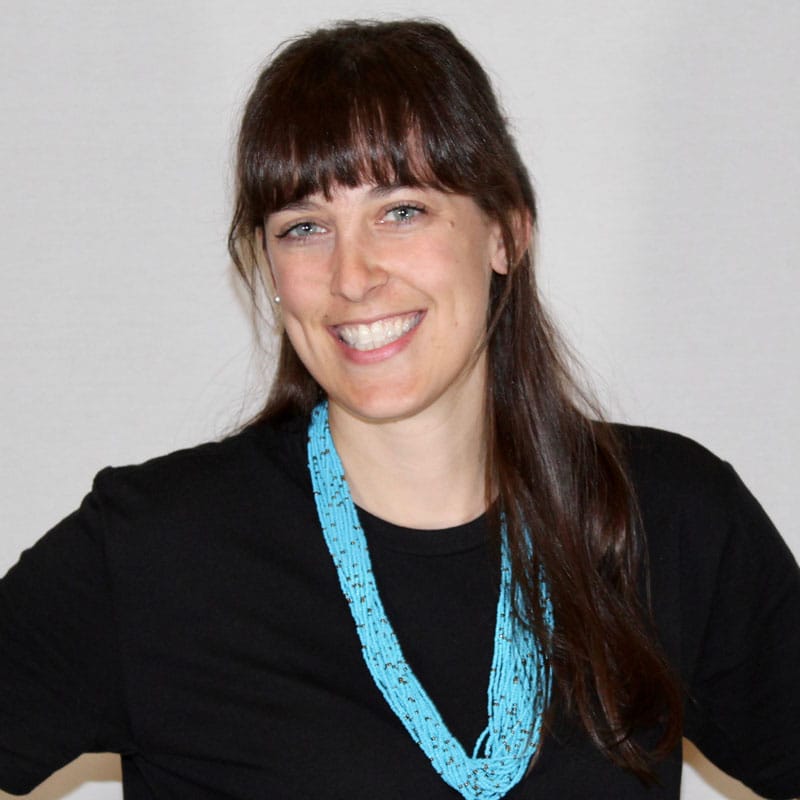October 1, 2015
(Photo courtesy of Kerry Nolan)
SCALE: Science Curriculum Advancement through Literacy Enhancement is a program of Inspired Teaching, which we run in partnership with DCPS. SCALE is a multi-year program that each year trains a core group of Teacher Leaders who write new, standards-aligned curricula and provide professional development to their colleagues district wide.
During Chancellor Henderson’s recent address to the DCPS community, she touted the amazing science teaching and learning going on across the District as a part of the Cornerstones initiative. Below is a piece written by two SCALE Teacher Leaders – Kerry Nolan and Jennifer Wehner, teachers at John Burroughs Elementary School (DCPS) – who contributed to that effort and whose science Cornerstone, “Plant Pollinators,” is being implemented in second grade classrooms across the city.
Recently, we embarked on a journey by joining SCALE: Science Curriculum Advancement through Literacy Enhancement —a yearlong program of Center for Inspired Teaching that trains teachers to re-engineer science instruction for the 21st century. One of our biggest SCALE projects is creating engaging and exemplary classroom lessons, called Cornerstones, that will be made available to all educators teaching science and other subjects in the school district. Cornerstones are a key DC Public Schools’ initiative to ensure that each and every student experiences engaging and excellent classroom lessons; we are proud to be key partners in this important work.
SCALE started this summer, and we were immersed in workshops that focused on teaching science through inquiry and student-led investigations. This professional development improved our teaching methods and deepened our understanding of how to teach science by doing science in the classroom. With this deeper understanding, we were then ready and excited to write our science Cornerstones.
We decided to tackle the fascinating topic of insects and pollination. But our Cornerstone wasn’t going to be the kind of lesson where students plod through worksheet after worksheet, ticking off answers to multiple choice questions, showing only a surface-level grasp of the amazingly intricate symbiotic relationships between insects and plants.
Our Cornerstone posed tough questions to students. What if the right insects aren’t around to do the work? Who are “agricultural engineers” and what do they do? What materials and properties of materials work best for picking up and dropping off pollen? How can we create a hand pollinator using our knowledge of pollination, materials and their properties?
We have students explore and discuss the life cycle of a plant, seed dispersal, and the role of insects in the natural system of pollination. The activities in this lesson engage students in understanding the interdependence between plants and animals while developing an understanding of how adaptations in our natural world aid in that mutually beneficial relationship.
At the end of our Cornerstone lesson, we encourage our students to harness all that they have learned so far and to think like agricultural engineers. We invite students to apply their knowledge of insects, insect life cycles, pollination, and natural systems as they test a variety of materials and then engineer their own technologies for pollinating plants by hand.
By helping our students not just skim the surface of a science lesson, but dive into the big, messy, and fascinating real-world issues in science, we are helping transform not just how science is taught in our classrooms, but how our students perceive science. Our students’ eyes now light up when we introduce science.
Here are some of our favorite student quotes we have heard while they complete lessons from our Cornerstone: “Oh, that’s what engineering is!” “Wait, I agree with my STEM Buddy we need to rethink how we are building this because look how it is tilting.” And finally, “Wow! Is our time up already? What are we doing tomorrow?”

